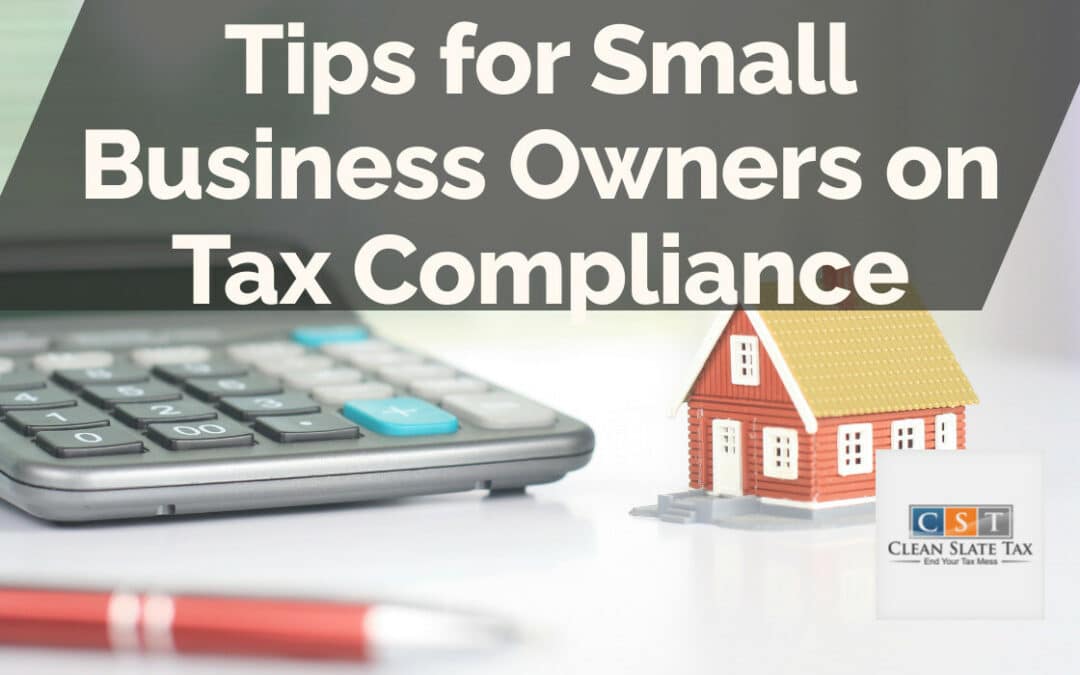If you’re a small business owner, understanding and complying with tax laws can seem daunting. Whether it’s income tax, sales tax, or payroll taxes, these responsibilities are part of running a business. While it can be complicated, with the right information and tools, it doesn’t have to be. Here are some practical tips to help small business owners navigate the complexities of tax compliance.
Understand Your Tax Responsibilities
The first step in any small business tax strategy is understanding what taxes your business is responsible for. This will vary depending on your business structure, location, and whether or not you have employees. Make sure you know what taxes apply to your business and when they are due.
Keep Accurate Records
One of the most critical aspects of tax compliance is record-keeping. Proper documentation of all business transactions, including sales, expenses, and payroll, is crucial. This not only makes tax time easier but can also protect your business in case of an audit.
Stay Updated on Tax Laws
Tax laws are constantly changing and being updated. As a business owner, you need to stay updated on these changes to ensure compliance. Many online resources can provide information about tax law changes, including the IRS website and reputable tax news outlets.
Consider Hiring a Tax Professional
While it’s possible to handle your tax responsibilities on your own, many small business owners find it beneficial to hire a tax professional. A tax professional can provide expert advice, help you take advantage of deductions and credits, and provide peace of mind by handling complex tax issues.
Frequently Asked Questions on Small Business Tax Compliance
What kind of tax records should I keep?
You should keep records of all business transactions, including sales receipts, expenses, payroll records, and tax return documents.
How long should I keep my tax records?
The IRS recommends keeping your tax records for a minimum of three years. However, in some cases, you may need to keep records longer depending on the circumstances.
Do I need to hire a tax professional?
Hiring a tax professional is not required but can be beneficial. A tax professional can help ensure accuracy, maximize deductions and credits, and handle complex tax issues.
In conclusion, tax compliance for small businesses can seem daunting, but with the right knowledge and tools, it is manageable. Understand your responsibilities, keep accurate records, stay updated on tax law changes, and consider hiring a tax professional to make the process smoother.





